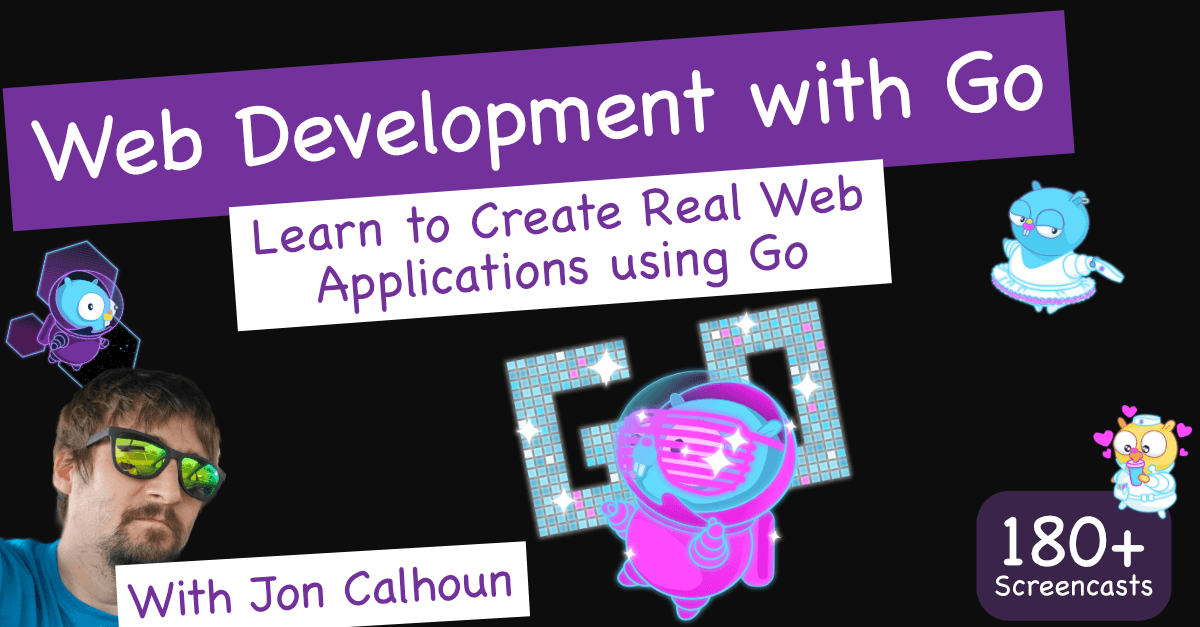
Linguistics & Machine Learning: Grammar Syntax, Sentiment, ScrapeTweets, RNN/LSTM,Chatbot, SQuAD, Summary, Audio To Text
What you'll learn
- Libraries: NLTK, Hugging Face, SpaCy, Sci-kit Learn, Tensorflow, Pytorch, Twint
- Linguistics Foundation To Help Learn NLP Concepts
- Deep Learning: Neural Networks, RNN, LSTM Theory & Practical Projects
- Scrape Unlimited Tweets Using An Open Source Intelligence Tool
- Machine Reading Comprehension: Create A Question Answering System with SQuAD
- No Tedious Anaconda or Jupyter Installs: Use Modern Google Colab Cloud-Based Notebooks for using Python
- How To Build Generative AI Chatbots
- Create A Netflix Recommendation System With Word2Vec
- Perform Sentiment Analysis on Steam Game Reviews
- Convert Speech To Text
- Machine Learning Modelling Techniques
- Markov Property - Theory & Practical
- Optional Python For Beginners Section
- Cosine-Similarity & Vectors
- Word Embeddings: My Favourite Topic Taught In Depth
- Speech Recognition
- LSTM Fake News Detector
- Context-Free Grammar Syntax
- Scrape Wikipedia & Create An Article Summarizer
Requirements
- No Tedious Installs
- No previous programming knowledge necessary. The lectures slowly explain the python syntax as you code alone with me.
- New to Python: you get explanations of the code as you code along with me but not only that - theory slides explain concepts to help you understand what's going on behind the code.
- No data science knowledge required: lectures teach how to work with data and key modelling concepts.
- No NLP knowledge required. Linguistic concepts are taught to give a strong foundation of NLP even before you get into practical coding. This helps you to grasp NLP modelling techniques and cleaning concepts better.
Description
This course takes you from a beginner level to being able to understand NLP concepts, linguistic theory, and then practice these basic theories using Python - with very simple examples as you code along with me.
Get experience doing a full real-world workflow from Collecting your own Data to NLP Sentiment Analysis using Big Datasets of over 50,000 Tweets.
- Data collection: Scrape Twitter using: OSINT - Open Source Intelligence Tools: Gather text data using real-world techniques. In the real world, in many instances you would have to create your own data set; i.e source your data instead of downloading a clean, ready-made file online
- Use Python to search relevant tweets for your study and NLP to analyze sentiment.
New to Python: If you are new to Python or any computer programming, the course instructions make it easy for you to code together with me. I explain code line by line.
No Installs, we go straight to coding - Code using Google Colab - to be up-to-date with what's being used in the Data Science world 2021!
The gentle pace takes you gradually from these basics of NLP foundation to being able to understand Mathematical & Linguistic (English-Language-based, Non-Mathematical) theories of Deep Learning.
Natural Language Processing Foundation
- Linguistics & Semantics - study the background theory on natural language to better understand the Computer Science applications
- Pre-processing Data (cleaning)
- Regex, Tokenization, Stemming, Lemmatization
- Name Entity Recognition (NER)
- Part-of-Speech Tagging
- NLTK
- Sci-kit Learn
- Tensorflow
- Pytorch
- SpaCy
- DeepPavlov
- Twint
- Parse Tree
- Markov Chain
- Text Classification & Sentiment Analysis
- Company Name Generator
- Unsupervised Sentiment Analysis
- Topic Modelling
- Word Embedding with Deep Learning Models
- Open Domain Question Answering (like asking Google)
- Closed Domain Question Answering (Like asking a Restaurant-Finder bot)
- LSTM using TensorFlow, Keras Sequence Model
- Speech Recognition
- Convert Speech to Text
- This is taught from first principles - comparing Biological Neurons in the Human Brain to Artificial Neurons.
- Practical project: Sentiment Analysis of Steam Reviews
- TF-IDF
- Word2Vec
- One Hot Encoding
- gloVe
- Recurrent Neural Networks
- LSTMs
- Get introduced to Long short-term memory and the recurrent neural network architecture used in the field of deep learning.
- Build models using LSTMs
- Anyone who is curious about data science & NLP
- Those who are in the Business & Marketing world - learn use NLP to gain insight into customers & products. Can help at interviews & job promotions.
- If you intend to enrol in an NLP/Data Science course but are a total newbie, complete this course before to avoid being lost in class since it can seem overwhelming if classmates already have a foundation in Python or Datascience.


